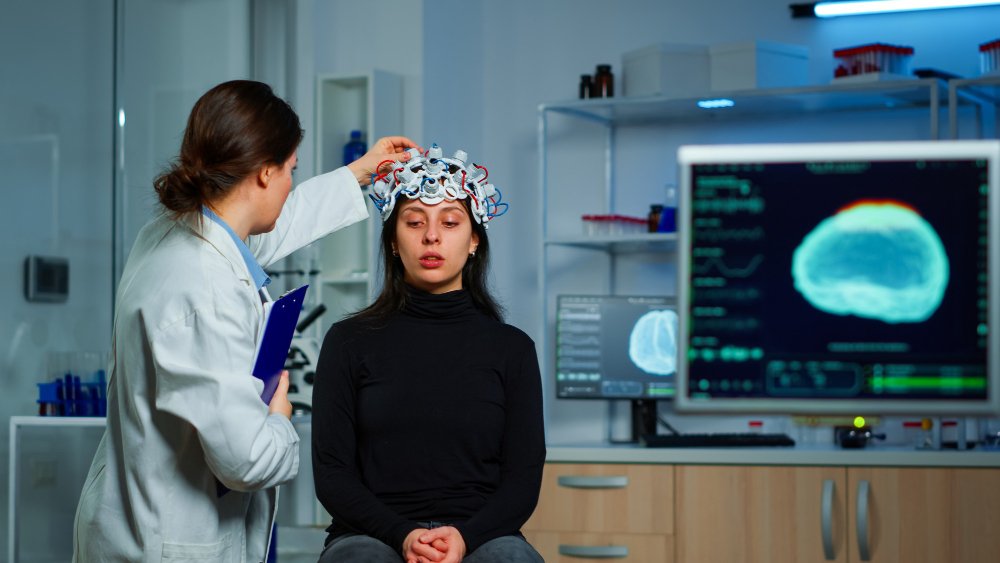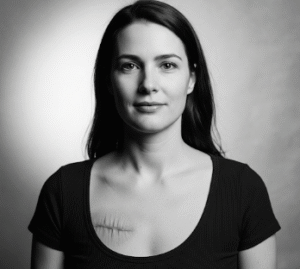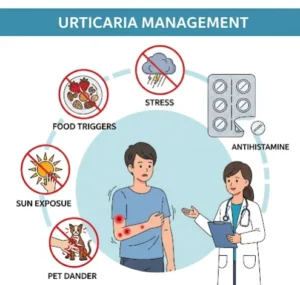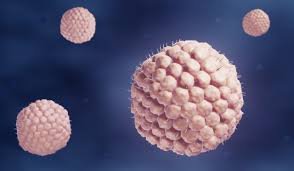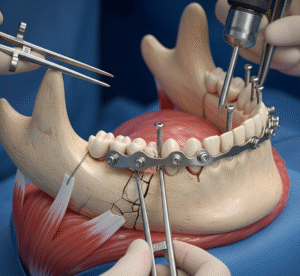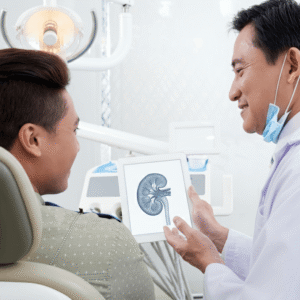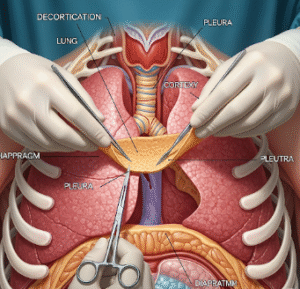Overview
Creutzfeldt-Jakob Disease (CJD) is a rare and fatal brain disorder caused by abnormal proteins called prions. It leads to rapidly progressive dementia and neurological decline. In Korea, the disease is extremely rare, but it is closely monitored by the Korea Disease Control and Prevention Agency (KDCA) due to its public health importance. Specialized neurology and infectious disease centers provide diagnostic and supportive care.
What is Creutzfeldt-Jakob Disease?
CJD is a prion disease that destroys brain tissue, causing mental deterioration, loss of motor control, and eventually death. It can occur spontaneously (sporadic CJD), be inherited (familial CJD), or be acquired through medical exposure or contaminated products (iatrogenic or variant CJD).
Symptoms
- Rapidly progressive dementia
- Memory loss and confusion
- Behavioral changes
- Vision problems or blindness
- Difficulty walking, poor coordination
- Muscle stiffness and jerking movements (myoclonus)
- Speech difficulties
- Coma in advanced stages
Causes
- Misfolded prion proteins causing brain tissue damage
- Types:
- Sporadic (most common, no known cause)
- Familial (genetic mutation in PRNP gene)
- Iatrogenic (exposure via medical procedures or tissue)
- Variant CJD (linked to contaminated beef in some countries)
Risk Factors
- Family history of CJD or PRNP gene mutation
- Receiving corneal or dura mater transplants, or contaminated surgical instruments (rare)
- Age (most cases occur in 60s)
- Living or traveling to areas with previous variant CJD outbreaks (though Korea is low risk)
Complications
- Rapid loss of independence
- Severe neurological disability
- Inability to communicate or move
- Pneumonia or infections due to immobility
- Death, often within 6–12 months of onset
Prevention
- No cure or vaccine exists
- Strict sterilization and tissue screening in Korea’s healthcare facilities
- Genetic counseling for families with known mutations
- Monitoring and reporting systems by KDCA to prevent spread
Treatment Options in Korea
CJD has no cure, but supportive care can improve comfort and safety. Major neurology and infectious disease centers in Korea offer:
1. Diagnosis
- MRI brain scan and EEG (electroencephalogram)
- Cerebrospinal fluid (CSF) tests (RT-QuIC)
- Genetic testing for familial forms
- Neurological examination and history
2. Symptom Management
- Medications to reduce muscle jerks and agitation (e.g., clonazepam, valproate)
- Supportive care for nutrition and mobility
- Physical and occupational therapy to maintain function early on
3. Palliative Care
- Pain and symptom relief
- Emotional and psychological support for patient and family
- Hospice services in advanced stages

